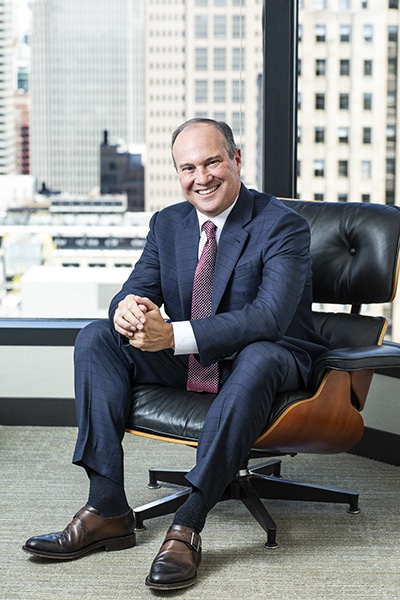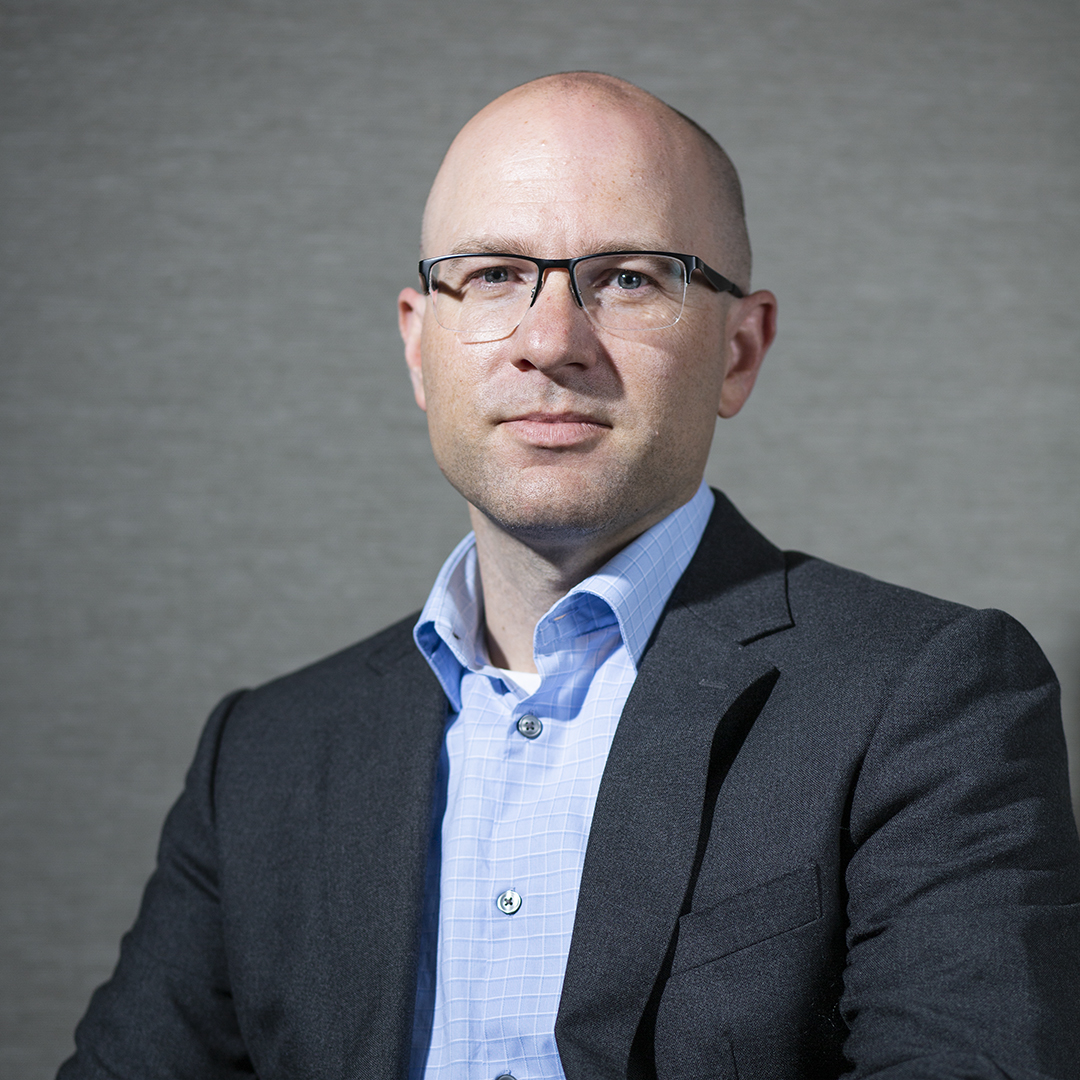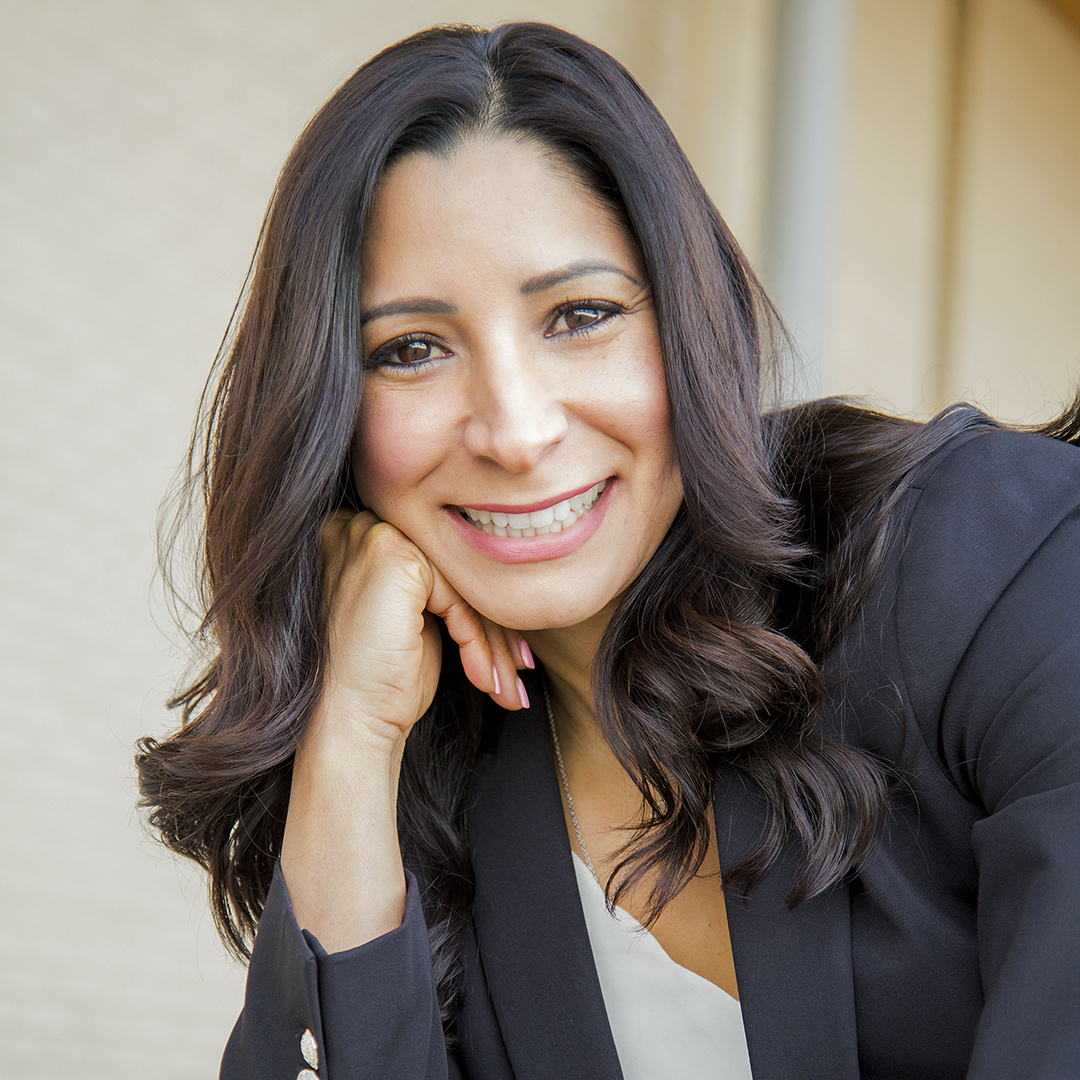|
Getting your Trinity Audio player ready...
|
Imagine utility workers in the field—those that come to maintain or repair your power lines. Picture them in their hardhats, neon-orange vests, steel-toe boots and all. Think about their day-to-day conversations, as they’re working—sometimes in below-zero or 100-plus-degree temperatures.
Now imagine these same workers sitting in a meeting room, talking to their fellow workers about their challenges, successes, and failures, and whether they feel they’re able to bring their whole selves to work every day.
Hard to picture this kind of conversation among utility workers? You’re not alone. But this scenario is what Joe Dominguez thinks about often.
His Mission
As the newly appointed CEO of ComEd, an Exelon company that powers four million Illinois residents and businesses (roughly 70 percent of the state’s population), Dominguez is leading an enormous charge. He believes ComEd should provide affordable electricity that is accessible to all, while helping create job opportunities across the communities the power company serves.
A vision this bold requires innovation. And to foster innovation, a company must have the right culture.

“The amount of time you spend on people issues is always a surprise to a new CEO,” Dominguez says. “Hours spent thinking about strategy—those hours become fewer and fewer. The hours you spend trying to develop your team and thinking about the culture of the organization—you always underestimate that. I’d say I certainly underestimated it early on.”
In describing the culture he envisions as ideal for ComEd, Dominguez identifies safety as the number one priority—“and we’re not just saying that and then sending signals that productivity is more important,” he notes.
Beyond safety, Dominguez explains that, “Respect and inclusiveness must be in the culture. I think what that provides you is the ability to innovate and, if you fail, fail fast, learn from the failure, and advance quickly. If you don’t have that basic respect in the workforce, then people go into self-protective behaviors where they don’t openly talk about the challenges, they don’t openly talk about failures and lessons learned. Innovating and reinventing this system requires us to be very open about what’s working and what isn’t working and be willing to take some risks. And that just hasn’t been the culture at most modern energy companies.”
The scenario of field workers in an offsite meeting talking about cultural issues and inclusivity is just one of the many ideas Dominguez would like to implement at ComEd to ensure an inclusive culture. “I’d like to see if we can bring this idea of openness to all 6,000 employees, because there are differences within our team—from the trades, to the folks that work in the field, to the groups that never see the field and are working on legal problems, finance issues, HR . . .” Dominguez says.
“How far could we take these cultural missions? I think we could take it all the way to the field, but that means getting groups to talk about cultural issues and inclusion issues in a workforce that hasn’t had that opportunity to open up. If we can get to that, it will unlock innovation. That’s one big piece of the puzzle.”
“I’d like to see if we can bring this idea of openness to all 6,000 employees. . . . If we can get to that, it will unlock innovation.”
His Story
In a speech delivered to the City Club of Chicago in April 2019, Dominguez laid out his vision for the future of ComEd—and talked a great deal about social equity.
Aligning the future of an energy company with the socioeconomic troubles of a population can only be done by someone whose background extends beyond energy.
The son of parents who left Cuba with “nada más que con una mano delante y una mano detrás” (“nothing more than one hand in front and one hand behind”), Dominguez was born and raised in a Spanish-speaking community in northern New Jersey. He was only able to meet his grandmother once in his life (she was not able to leave Cuba), and in that meeting, she told him about how his father had always wanted to be an engineer. She wept, thinking about the dreams his father was unable to pursue after starting a new life in the US.
Naturally, this inspired Dominguez to adopt his father’s ambitions. He graduated from the New Jersey Institute of Technology and became a mechanical engineer, working exclusively on General Electric’s next-generation turbo-shaft helicopter jet engine, called the T700.
With an emphasis on education instilled in him by his parents, Dominguez entered a master’s degree program in engineering, then entered the Rutgers University School of Law with the intention of becoming a patent lawyer for the career opportunities it provided. “That lasted for about a coffee break,” he says. “Patent law was interesting, but I found patent litigation and intellectual property litigation to be more fascinating.”
The engineer-turned-lawyer soon found himself vying for a position as a federal prosecutor. “I was one of about ten hired from 500-plus applicants to work at the US Attorney’s office in Philadelphia,” he recalls. “What was really cool about that office was it had a drug group, a financial crimes group, a racketeering group, a mob group, and so on and so forth—I really got a healthy taste of doing just about everything from bank robberies to murder-for-hire cases.”
He left the US Attorney’s office and became partner of a law firm. One day, while he was trying to pitch his law firm as potential outside counsel handling some of Exelon’s business, he found himself recruited by Exelon’s lead lawyer, Bill Von Hoene, as inside counsel.
Dominguez joined Exelon in 2002, and spent sixteen years serving in roles with increasing responsibilities until he became CEO of ComEd on August 1, 2018.
Looking back on his time working for the US Attorney’s office, he says, “You really see some of the worst outcomes of social equity issues, whether they be economic opportunity or education challenges. One of the big symptoms of that is crime. I saw that, and it had a very powerful impact on my life.
“As we explore some of the big transformations in the energy sector,” he continues, “we will ensure that the work and the opportunities that spring from that work feed these communities in a way that supports their economic growth and provides desperately needed jobs.”
RELATED LINKS
View the full list of 2019 Top 10 Líderes ⟶

